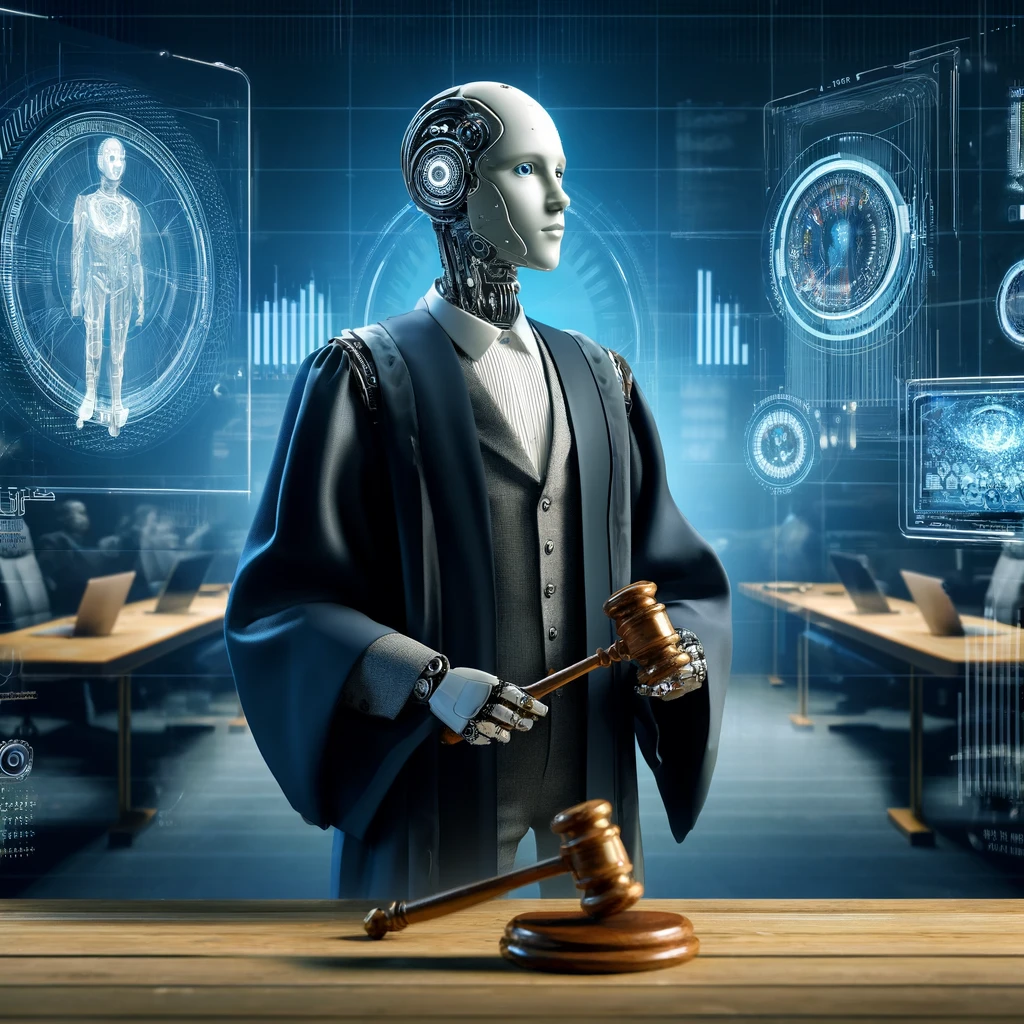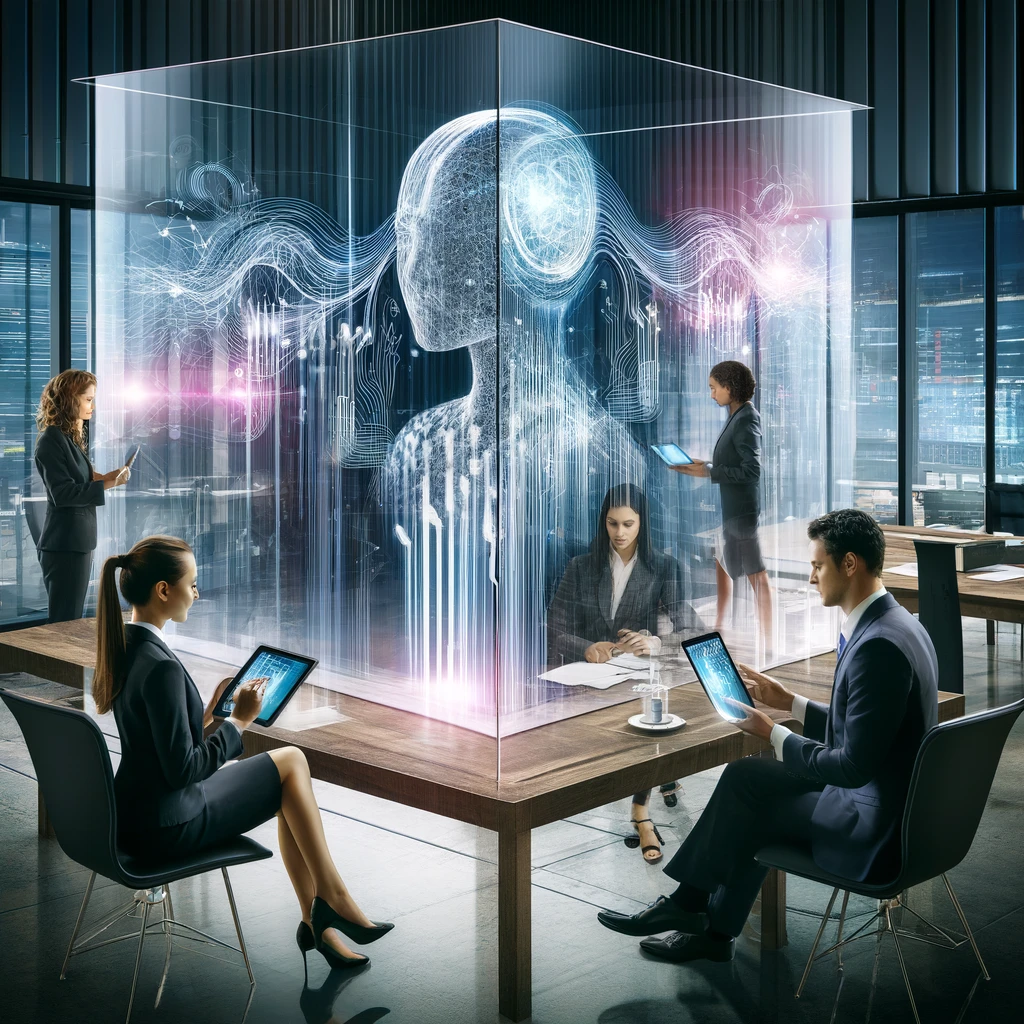Lawyer for AI law (artificial intelligence)
Artificial intelligence from a copyright perspective - challenges and perspectives
Artificial intelligence (AI) is not only revolutionizing technologies and industries, but also poses new challenges for traditional copyright law. The ability of AI systems to independently generate content such as texts, music and works of art raises fundamental questions about authorship and the resulting rights. These developments require adapted legal advice to ensure that copyrights can be effectively protected and managed.

Copyright attribution of AI-generated works
Traditional copyright law requires human creativity in order for a work to be eligible for protection. AI-generated works that have been created without significant human influence are therefore often not covered by the usual copyright protection. The question of who or what is recognized as the author remains unresolved in many legal systems.
Challenges for copyright law
Copyright identification: Can an AI be recognized as the author, or does the authorship lie with the developers of the AI or with the person operating the AI?
Level of creativity: AI works often reach a level of complexity and quality that is similar to human creations. Should works without human intervention be protected by copyright?
Rights management: The efficient management of rights to AI-generated works is complex, especially when AI systems produce content continuously and autonomously.
Possible legal adjustments
In view of technological developments, copyright law may need to be adapted to take account of the new realities. The following approaches could help:
Introduction of a “new type of copyright” for AI: Some experts suggest creating a special copyright that applies specifically to AI-generated works and offers different levels of protection and usage licenses.
Licenses and usage rights: The implementation of clear guidelines for the use of AI-generated content could prevent copyright infringements and facilitate the commercial use of these works.
Transparency obligation: The labeling of AI-generated content could contribute to legal clarity and ensure that users are informed about the origin of the content.
Outlook
As technology advances, the legal system must find answers to the copyright challenges posed by AI. Proactive legislation and international cooperation will be crucial to ensure a fair balance between the interests of creators, users and the public.
Our law firm continuously monitors developments in the field of AI and copyright law. As an AI law firm, we offer legal advice and are happy to assist with all questions and challenges arising from the use of AI-generated content.
Current AI court proceedings in the USA



